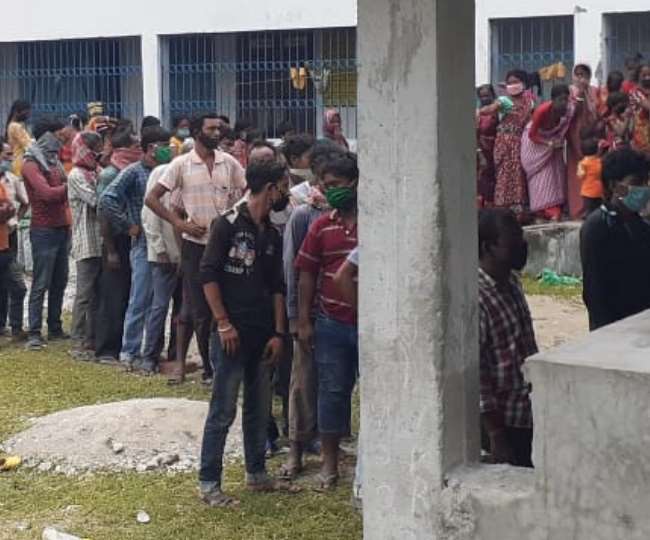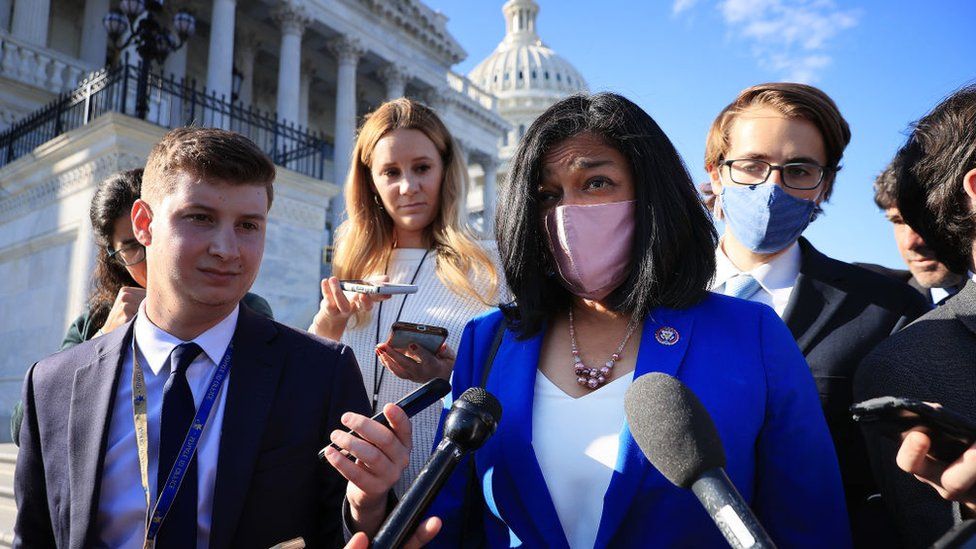Centre's adoption of coercive federalism over co-operation with states has hampered response to COVID-19, migrant crisis

On the eve of Republic Day in 2012, Narendra Modi (then the chief minister of Gujarat) ) wrote in his blog post that “[i]t is high time the Centre realizes that giving to the states what rightfully belongs to them will not weaken the Centre. The states must co-ordinate with the Union Government and not remain subservient to it. Co-operative and not coercive federalism must be the norm in our country.”
Subsequently, these thoughts, that were fairly aligned with the constitutional vision, made their way into the BJP’s 2014 election manifesto. Among other things, the BJP pledged to “place Centre-State relations on an even keel through the process of consultation and strive for harmonious Centre-State relations.” Subsequently, upon assuming office, in his inaugural speech to the Rajya Sabha, Modi reiterated his belief in “cooperative federalism,” and the need to work with the states.
However, it’s one thing to espouse majestic constitutional principles while in Opposition, and quite another to live up to them when in power.
The manner in which the Central government under Modi has functioned underlines this fact. In six years of being in power, the present regime has systemically jolted the edifice of India’s federal architecture – be it via the unilateral high-handed imposition of suspicious projects (such as demonetization), or passing pivotal legislation involving the states’ interests (such as the Citizenship (Amendment) Act, 2019), or the handling of the COVID-19 situation — all of this without a sliver of consultation with the states.









Comments